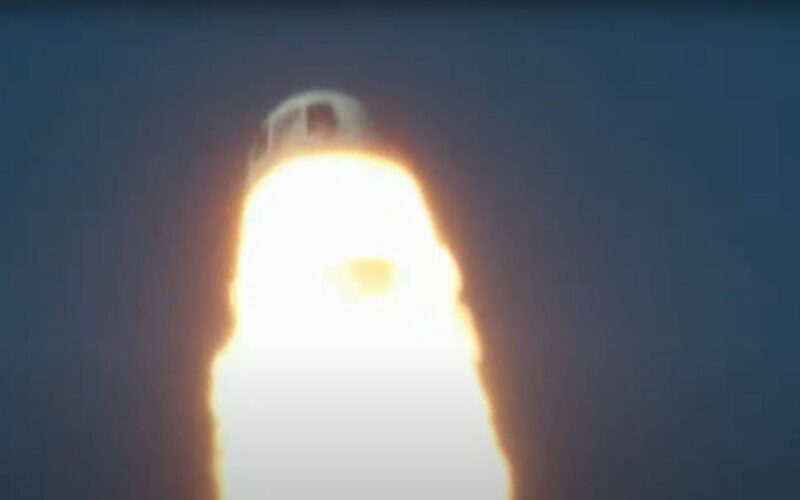After a year-long hiatus of flights while US authorities investigated the New Shepard 23rd launch mishap, Blue Origin now plans to relaunch flights “soon” as the investigation has concluded.
The Federal Aviation Administration (FAA) announced the closure of the Blue Origin New Shepard 23 mishap investigation in a statement on September 27, 2023.
The FAA reported that there were “multiple root causes” behind the mishap that occurred on September 12, 2022. In its statement, the authority explicitly identified the structural failure of an engine nozzle caused by higher-than-expected engine operating temperatures as the immediate cause of the New Shepard mishap.
The FAA has emphasized that the investigation’s closure does not signal the resumption of New Shepard launches. Nevertheless, it appears that the space company has different plans and is eager to resume flights sooner rather than later. In response to the news about the investigation’s closure, Blue Origin issued a brief statement on X (formerly Twitter), saying: “We’ve received the FAA’s letter and plan to fly soon.” However, it did not provide further clarification regarding the timeline.
A clearer indication of when the space company could potentially resume its flights was provided by the FAA. Although it refrained from specifying a timeline, the authority stated that Blue Origin could relaunch New Shepard once it implements all corrective actions that impact public safety and receives a license modification from the FAA that addresses all safety and other applicable regulatory requirements.
The FAA has outlined a list of 21 corrective actions for Blue Origin to implement in order to prevent a recurrence of mishaps. These actions include, for example, redesigning engine and nozzle components to improve structural performance during operation, as well as making organizational changes, according to the statement.
What happened to New Shepard on September 12, 2022?
Blue Origin’s New Shepard 23rd official launch ended dramatically when a rocket booster exploded shortly after liftoff on September 12, 2022. During the mission, the rocket was carrying a payload of scientific experiments, including a fluorescence imaging system to study how plants respond to a trip to space.
Following the mishap, the company claimed that the capsule escape system worked as intended, and the passenger compartment separated successfully, safely bringing the payload back to the ground.
No injuries were reported during the incident, and there was no damage to public property.
Now, the FAA has found that:
“During the mishap, the onboard launch vehicle systems detected the anomaly, triggered an abort and separation of the capsule from the propulsion module as intended, and shut down the engine. The capsule landed safely, and the propulsion module was destroyed upon impact with the ground. All debris landed within the designated hazard area.”
The FAA oversaw the Blue Origin-led investigation and granted NASA and the National Transportation Safety Board official observer status.
The investigation report has not been released to the public due to containing proprietary data and U.S. Export Control information, as explained by the FAA.
New Shepard is a suborbital rocket designed to carry a capsule to an altitude of more than 100 kilometers (62 miles). Its first crewed flight occurred in July 2021, with Jeff Bezos and several other space tourists on board.”

